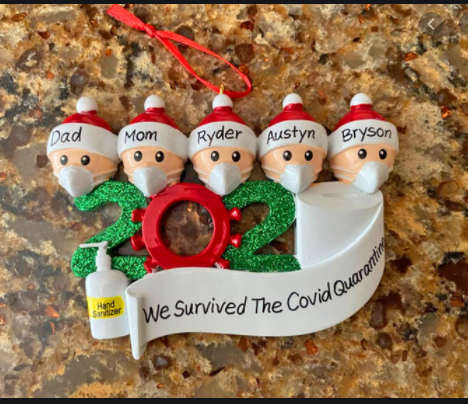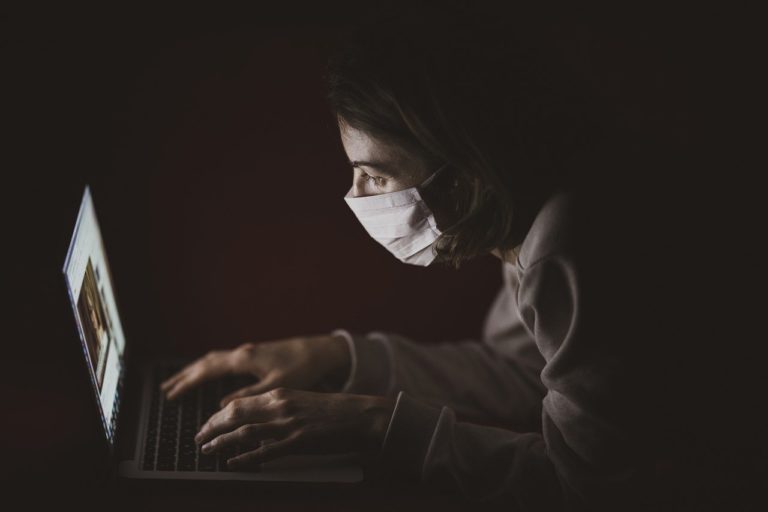THE EVOLVING ROLE OF NURSING IN 21st CENTURY
As we take giant leaps towards modern society, nursing in the 21st century has seen quite a few changes. Rather than serving on religious values and assisting doctors, nurses now serve as specialized healthcare workers. Over the past few years, they have evolved into primary caretakers rather than adopting assistive roles. From checking and recording patients’ vitals to keeping up a regular record of their health, nurses perform most healthcare responsibilities. Long duty hours, exhaustive work patterns, dealing and counseling patients’ families, nurses fulfill a lot of duties simultaneously.
Today, many people believe that nurses are the heartbeat of the healthcare industry. More and more people are now acknowledging the efforts and hard work nurses put in their jobs. Many even consider the profession worthy of respect and value it beyond all the social stigma attached to it. Undoubtedly, scientific advancements, education, and awareness have played a crucial role in evolving the healthcare industry and its professionals. This article provides you a closer look at how the role of nursing has evolved over several decades.
- Specialized Training and Education
Earlier, nursing was considered an assistive role. In most cases, nurses would support doctors in day-to-day tasks and perform duties under their supervision. Many considered them as the secondary role players and never accepted them as front liners. Unfortunately, most nurses’ efforts remained unappreciated as doctors enjoyed all the due credits for quite some decades.
However, presently, nursing being a specialized profession has turned things around. Most educational institutions are now introducing nursing programs covering different aspects of formal training and inclusive learning of nursing students. These educational programs equip nurses with practical skills and research-based knowledge to induce critical thinking in real-time scenarios.
We already know that nursing is one of the most challenging professions to date. Studies show that the BSN (Bachelors of Science in Nursing) is one of the toughest undergraduate degrees among various Bachelor programs. From comprehensive examinations to real-time situations, these institutions test nursing skills at every turn. Today, nurses pursue BSN to MSN online (Masters of Science in Nursing) degrees while working to meet the profession’s practical demands. It gives them a better understanding and a chance to achieve their professional goals in the healthcare industry.
- Greater Responsibility
With great power comes great responsibility. As we progress towards a healthier future, we can witness a shift in the nurses’ duties. Our educational foundation is more substantial as nurses now have a huge role to play. With specialized training and education, nurses of the 21st century are capable of more than ever. They are in a better position to tackle patients’ health problems on their own. In other words, nurses have become autonomous and the primary caretakers in various healthcare settings.
- Role of Technology
Modern technology has shaken every sector, including the healthcare industry, to its core. With its arrival, everything has changed quite abruptly. From learning curves to daily practices, everything is observing a considerable change. We can say that technology has made things easier for us in some ways. Improved quality of life, better healthcare facilities, and more accurate health judgments have given us a head start. It also has reshaped the way numerous professions operate, including nursing.
Without a doubt, nurses of the 21st century are more accurate and efficient, thanks to technology. With the help of sophisticated techniques and equipment, nurses are in a better position to deal with emerging healthcare problems. For instance, patient records management is now completely digital and involve no paperwork as in the past. It has significantly minimized human errors and offers quick access to patient’s health history. As a result, nurses’ performance has improved considerably while timely healthcare solutions are now a reality.
Similarly, improved and better versions of modern equipment have made virtual medical support possible to a greater extent. All these technological advancements assist nurses in routine work, directly or indirectly.
- Specializations and Learning Opportunities
Today, nurses are not limited to adopt secondary roles. Instead, they are fully capable of providing primary healthcare services to patients. Perhaps, it’s only possible due to a change in the learning curve. With the advent of advanced healthcare education, equipment, and techniques, new healthcare fields have originated.
Besides, modern-day nurses can opt for advanced studies to hone their existing skills and knowledge about the healthcare industry. They can even pursue advanced nursing degrees and acquire professional certifications to meet workplace demands. Fields like forensic nursing, cardiac nursing, and critical care nursing are just a few examples of the evolving nursing dimensions.
- Job Prospects
The nursing profession has become quite versatile in the 21st century. You can find many different types of nurses employed in numerous places other than hospitals and clinics. Medical offices, daycare services, schools, and nursing homes offer new employment opportunities for 21st-century nurses. Today, nursing jobs are highly flexible, and you can decide whether it resonates with your lifestyle and work preferences.
Besides, with the rising number of nursing fields, the likelihood of new nursing jobs has also increased. Hence, one can expect more job opportunities in different healthcare subdivisions. Nursing in forensic labs, railways, and even travel nursing is growing popular day by day. According to some studies, the demand for nurses will reach an all-time high in the upcoming decades.
Conclusion
The nursing profession has come a long way since its acknowledgment. From basic humanitarian aid to high-tech medical services, it has evolved considerably over time. With the incorporation of technology, nursing has seen abrupt changes in the foundations and practices on which it was previously based. Although results show an exponential improvement in overall health services, the profession itself has lost its value. Modern nursing is all about higher pay, incentives, and recognition based on commitment and improved services.
Indeed, it’s not an easy job by any means but shaking its foundations means shaking its purpose. Today, we may witness the best nursing services. With practices becoming a part of the nursing to-do list, nurses of the present day can deliver a wide range of medical and health services.








